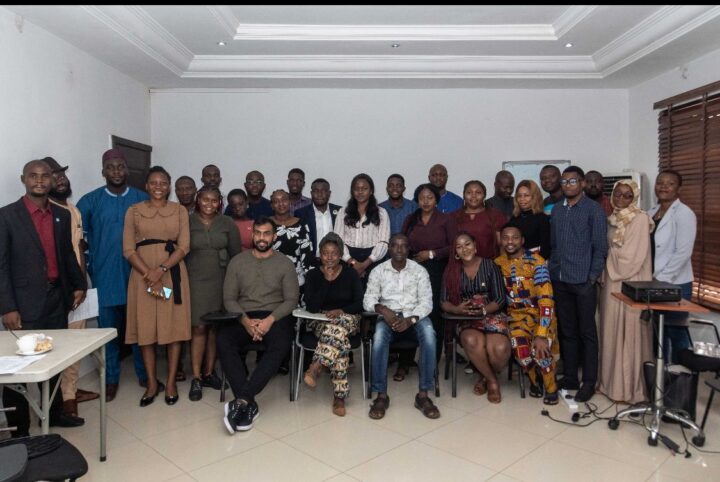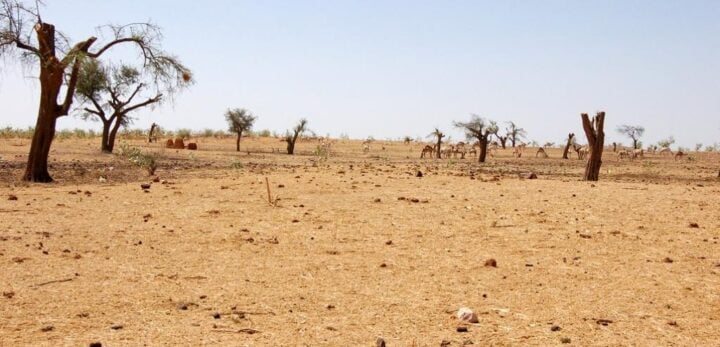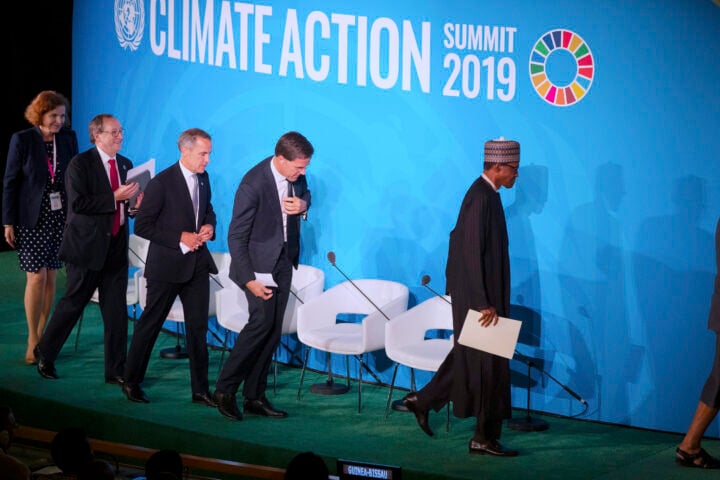Despite directly impacting our communities, health, and livelihood, climate-related reports usually take a back seat to dominant news beats like politics and business. Climate Watch aims to ensure you never miss important stories on climate change and actions being taken towards limiting its impact.
Here is a round-up of last week’s climate stories:
- Experts in renewable energy say poor electricity supply and increase in prices of petroleum products have driven an increase in the use of renewable energy among Nigerians in the first half of the year. Speaking in an interview with journalists on July 20, the experts said renewable energy remained the alternative power solution to the frequent collapse of the national grid in recent times. Sam Nwosu, secretary-general, Council of Renewable Energy Nigeria, said the recent spate of blackouts had made everyone start looking for alternatives and the most viable alternative now is renewable energy. Also speaking, Olabisi Muheeb, a renewable energy expert, said Nigerians are gradually shifting to renewable energy, “solar to be precise’’. “Based on our statistics for the first half of 2022 we have done more Kilowatt of solar installations than we did for the whole of 2021. And as at November 2021, we installed and distributed solar energy solutions to about 17 states in Nigeria and by the end of June 2022, we have done that in 25 states. When you look at solar energy solutions, it only becomes necessary for it to be fully embraced because it is cost effective in the long run; the cost of refinance is the lowest compared to other sources of energy. It is also reliable, convenient and safe to use for homes and businesses. It is free from hazards and environmentally friendly.”
- Stakeholders in agriculture have advocated adoption of biotechnology to address the ongoing food crisis. The call was made at an event organised by the Alliance for Science Nigeria (ASN) on July 22, in Abuja. Opuah Abeikwen, coordinator of ASN, said the event was aimed at sensitising Nigerians on biotechnology, biosafety and the future of genetically engineered crops in the country. According to him, the challenge of food insecurity is a fundamental problem that requires urgent attention globally and especially in Nigeria. Abeikwen said the “Pod Borer Resistant (PBR) Cowpea”, commonly referred to as beans, is an example of a genetically modified food crop approved by the National Biosafety Management Agency (NBMA) in 2019. He said Nigeria’s position as the highest consumer of beans sets the country back by over N16 billion annually to import more than 500,000 metric tonnes in a bid to meet up with demand. According to him, “The PBR cowpea promises to address these setbacks in our food system.”
Advertisement
- Cross River says it has started the process for the privatisation of two oil palm estates in the state with a combined size of 7,146 hectares. The process began on Wednesday, July 20, in Calabar, the state capital, with the opening of bids for the palm estates – Boki Oil Palm Estate and Nsadop Oil Palm Estate. John Odo, chairman of the state’s privatisation council, said the privatisation was to ensure efficiency in the running of the estates, create jobs and also improve on the internally-generated revenue of the state. He lauded Ben Ayade, the state governor, for the approval, adding that past administrations had tried privatising the estates but were unsuccessful. The chairman said the council would ensure that the same successes recorded in previous privatised government assets were replicated in the estates.
- BirdLife International has called for an increased push for the safeguarding of protected and conserved areas at the IUCN Africa Protected Areas Congress (APAC) in Kigali, Rwanda. The congress – the first gathering of stakeholders focusing on protected areas – brought together more than 2,400 participants from 53 African countries to deliberate on the role of protected and conserved areas (PCAs) in nature conservation, protecting Africa’s wildlife, delivering vital ecosystem services, promoting sustainable development while safeguarding cultural heritage. According to the IUCN, Africa suffers a shortfall of 80% to 90% on available funding for PCAs management despite having about 6km of PCAs which provide food and water security, erosion and flood control, and a host of other critical ecosystem services which underpin human welfare and wellbeing. The call to action underlined the need for more public and private financial investment in the conservation of protected and conserved areas, while championing the role of PCAs as nature-based solutions to tackle the twin crises of climate change and biodiversity loss.
- High temperatures have brought severe disruption to rail services throughout Britain as the country wilts under a heatwave. Last week, temperatures hit 40C, the hottest on record in the UK, causing damage to overhead wires, tracks, and signalling systems. As a result, dozens of train rides have been cancelled or delayed across England because of problems caused by the extreme heat. National Rail has told customers to check before setting off on their journeys and to only travel if absolutely necessary. It, however, said, on its website, a huge amount of work has been completed overnight to fix problems with the track and overhead wires caused by the heat.
Advertisement
Add a comment






